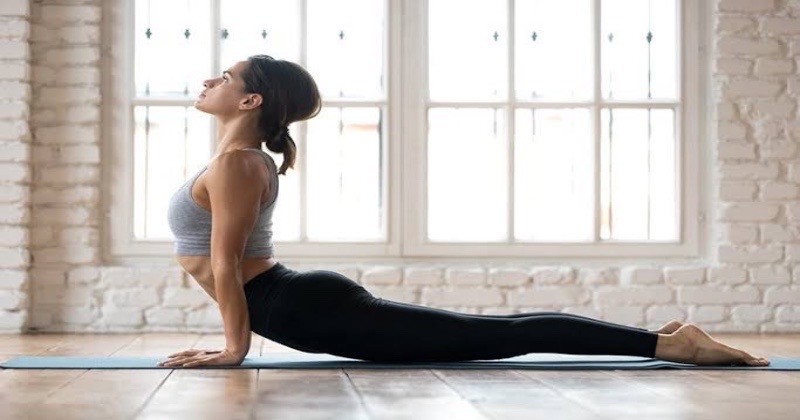
Yoga can be a powerful tool to help reduce anxiety and stress. Here are some effective tips to incorporate into your yoga practice for managing anxiety and stress:
1. Mindful Breathing: Focus on deep, slow breaths during your yoga practice. This activates the parasympathetic nervous system, which helps calm the body and mind. Try techniques like diaphragmatic breathing (deep belly breathing) or alternate nostril breathing to promote relaxation.
2. Gentle and Restorative Poses: Incorporate gentle and restorative yoga poses into your practice. These poses, such as Child’s Pose, Legs-Up-the-Wall, or Corpse Pose, help release tension, reduce fatigue, and induce a state of relaxation.
3. Sun Salutations: Practice a series of Sun Salutations (Surya Namaskar) to energize the body and mind. The flowing movements combined with conscious breathing create a meditative and soothing effect, reducing anxiety and stress.
4. Yoga Nidra: Consider incorporating Yoga Nidra, also known as yogic sleep, into your routine. This guided meditation technique induces deep relaxation and can help alleviate stress. Look for Yoga Nidra guided audios or videos to follow along.
5. Mindfulness Meditation: Combine yoga with mindfulness meditation. As you move through yoga poses, pay attention to your body, breath, and sensations. This brings your awareness to the present moment and helps reduce anxiety by shifting focus away from worries.
6. Regular Practice: Consistency is key. Establish a regular yoga practice, even if it’s just a few minutes each day. Gradually increase the duration and intensity of your practice as you progress. Regularity will amplify the benefits and support long-term stress reduction.
7. Yoga for Self-Care: Practice self-care through yoga. Dedicate time solely for yourself to nourish your body and mind. Choose yoga practices that focus on self-compassion, self-acceptance, and self-love. This helps cultivate a positive mindset and reduces anxiety.
8. Seek Professional Guidance: If you’re experiencing chronic anxiety or high levels of stress, it’s essential to seek professional help. Consult with a qualified yoga instructor, therapist, or healthcare provider who can tailor a yoga practice specifically to your needs.
Remember, yoga is a complementary practice and should not replace medical treatment or therapy if necessary. Combining yoga with other stress-management techniques, such as proper sleep, healthy eating, and social support, can further enhance your overall well-being.

Post Your Comments